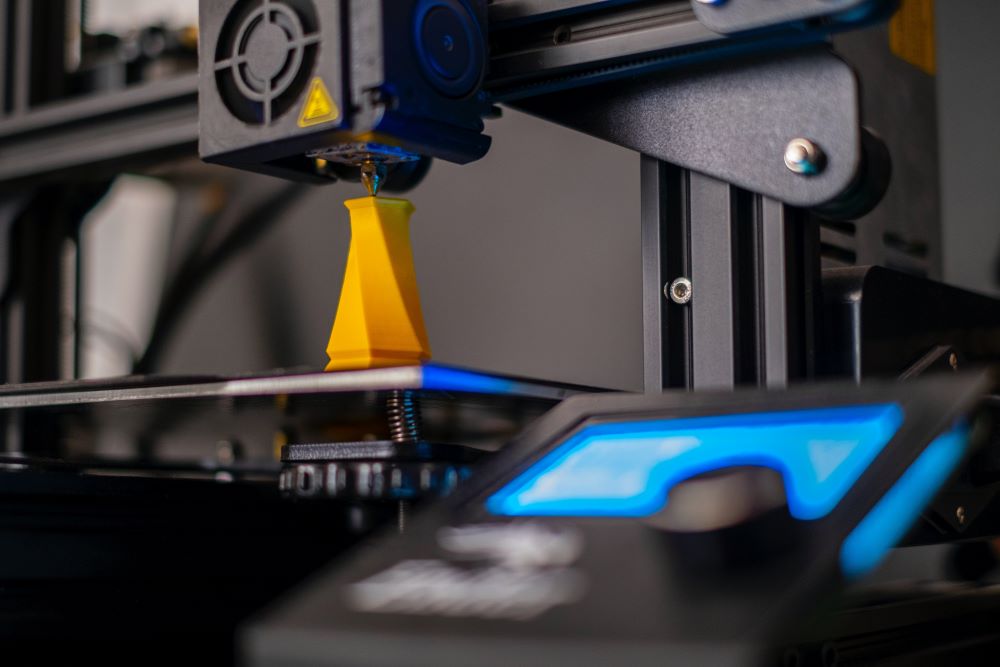Mouth Taping
May 9, 2023

Mouth taping is a technique where a person tapes their lips shut at night to prevent them from opening during sleep. The idea behind this technique is that it can promote nasal breathing and prevent mouth breathing, which is thought to have a number of potential health benefits.
The process of mouth taping involves using a hypoallergenic surgical tape or a specialized "mouth tape" product to seal the lips shut before going to sleep. The tape is applied to the skin just above the upper lip and just below the lower lip, creating a seal that holds the lips closed. It's important to note that the tape should be applied gently and not too tightly, as it should allow for natural breathing through the nose.
Proponents of mouth taping claim that it can improve dental health by preventing teeth grinding and jaw clenching, which are common symptoms of sleep apnea, a disorder characterized by interrupted breathing during sleep. It can also prevent dry mouth which can lead to tooth decay and bad breath. Teeth grinding, also known as bruxism, is a condition characterized by the grinding and gnashing of teeth. It can be caused by a variety of factors, including stress, anxiety, and sleep disorders such as sleep apnea. Bruxism is often associated with mouth breathing during sleep, as people tend to grind their teeth when their jaw is open.
Additionally, mouth taping may also have benefits for cardiovascular health, gastrointestinal health, and overall sleep quality. Nasal breathing is thought to improve oxygenation of the body and reduce stress on the heart and lungs. When we breathe through the nose, the air is filtered, warmed and humidified, making it easier for the air to reach the lungs. Nasal breathing can also help to increase the amount of nitric oxide, which is a molecule that helps to relax blood vessels and improve blood flow. By promoting nasal breathing, mouth taping can help to improve oxygenation of the body and reduce stress on the heart and lungs. It also may help with acid reflux and GERD (gastroesophageal reflux disease) symptoms.
It's important to note that mouth taping is not a substitute for medical treatment and it's always best to consult with a healthcare professional before trying any new technique. Mouth taping is not a recommended treatment for sleep apnea or other sleep disorders and should not be used as a replacement for a CPAP machine or other treatments that have been prescribed by a doctor. Also, it may be uncomfortable for some people, and if the tape is applied too tightly, it can cause irritation or even injury.


